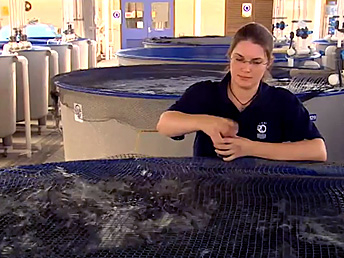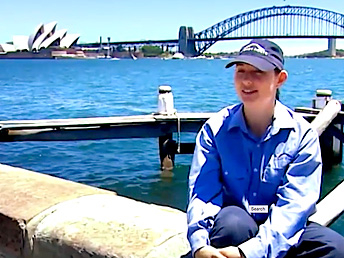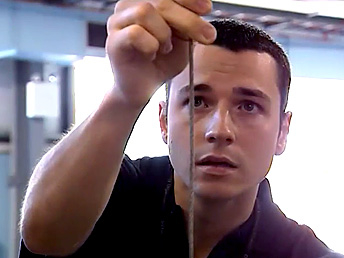
Naval Surveyor
A marine surveyor carries out inspections of ships and boats to ensure they meet certain standards.
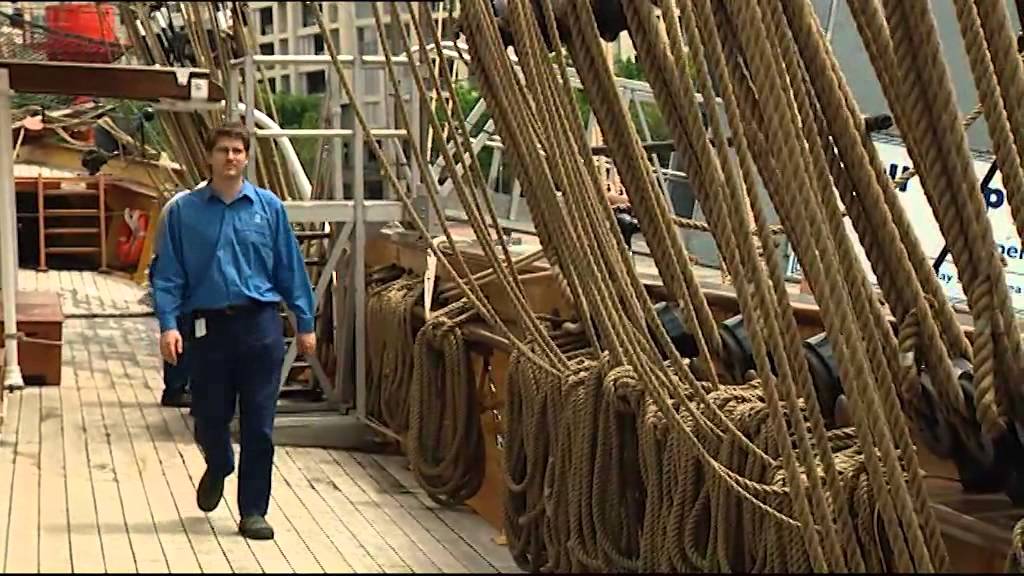

What the job looks like
Salary expectation
starts at $42,500 up to $213,480+

The good
- Spending time outdoors and on the water
- Trialing vessels along the coast or around picturesque harbours
- Potential to travel or work overseas
- Doing work that helps keep people safe
The not so good
- Irregular work hours depending on sailing schedules
- Lots of responsibility
- Need to solve problems quickly
Naval surveying includes lots of different tasks, from inspecting ships and boats to ensure they comply with standards and rules, to inspecting cargo at ports.
You might find yourself inspecting, constructing and maintaining a variety of different vessels, from ferries to cruise ships.
Testing the machinery and safety equipment on the ships is a big part of the job as well.
To be a naval surveyor you should be passionate about the marine industry and have a sharp attention to detail.
The job also involves maths, science and physics to work out if a vessel or equipment is structurally safe and sound.
If you enjoy working on the water and solving problems, then a career as a naval surveyor could be for you.
It has taken me around the world, every ship you go on is different so it's always a challenge.
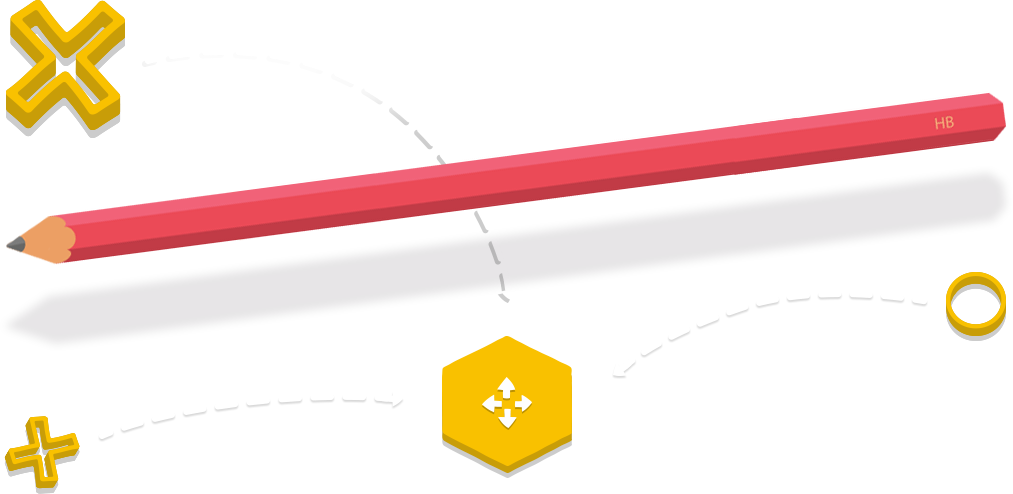
Pathways to this career
Subject suggestions for the HSC
Choosing your HSC subjects from this list could really help with your career. Think carefully about what you want to study after school as you might need to choose specific HSC subjects for that course and to count towards your ATAR (Australian Tertiary Admission Rank). An ATAR is your academic rank in relation to other HSC students and helps with University admission.
HSC subjects
Some subjects will count towards your ATAR, others will not. Check with your career advisor before making subject selections.
- English (Advanced or higher)
- Mathematics (2 unit or higher)
- Physics
- Engineering Studies
- Industrial Technology
What can I do after I have finished school?
University degrees
Studying one of these degrees can help with your career.
- Bachelor of Marine Engineering
Courses and qualifications
Courses and qualifications can give you a great start.
- Diploma in Marine Surveying
Suggestions
Check out The Royal Institution of Naval Architects for more information
- Get involved and find out about working in the marine industry
- Go to career expos and events like university Open Days to find out more information about what you will study
